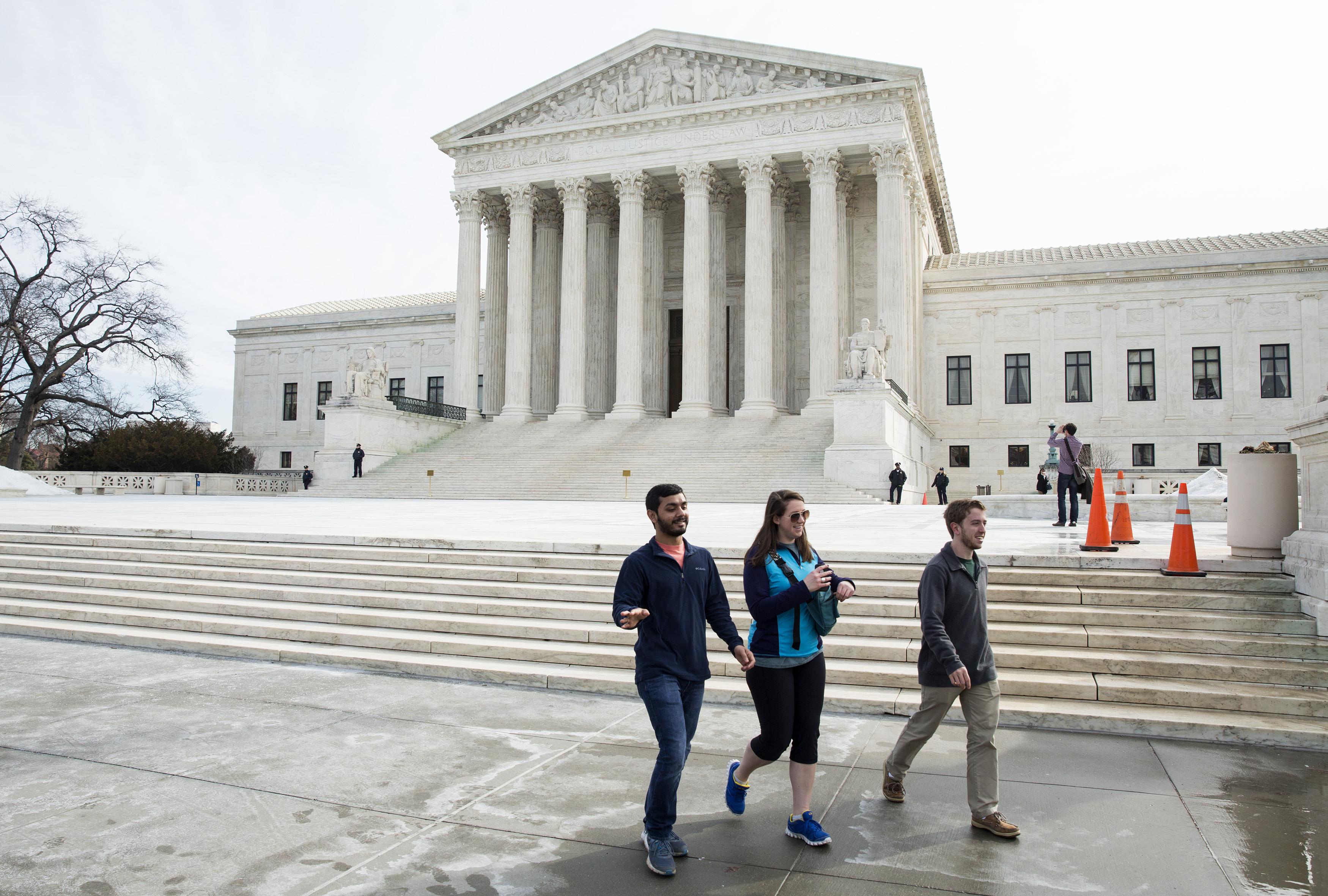The Supreme Court has asked a lower court to reconsider a ruling against Notre Dame in light of the high court’s subsequent Hobby Lobby decision. Both cases relate to the Affordable Care Act’s mandate that employer-provided health insurance include contraception coverage for female employees.
There are a number of moving parts in this story:
- The Affordable Care Act requires that employer insurance plans cover contraception for women.
- Nonprofit religious organizations were exempted from this requirement in a 2013 ruling issued by the Obama administration. In cases of exemption, women covered by the insurance plan in question still have contraception covered—it’s just that the insurance company rather than the employer picks up the tab.
- Notre Dame objects even to the nonprofit religious exemption. In Reuters’ words: “Notre Dame says the certification process still essentially forces the groups to authorize the coverage for employees even if they are not technically paying for it.”
- In February 2014 an appeals court ruled against Notre Dame’s objection to the rule, refusing to grant an injunction that would allow the university not to follow the the law.
- The Supreme Court ruled in June 2014 that “closely held corporations” did not have to provide contraception coverage for their employees. (This is the Burwell v. Hobby Lobby ruling.)
- The court also issued orders—orders, not full rulings—in 2014 in cases involving the Little Sisters of the Poor and Wheaton College (the Wheaton decision came less than a week after Hobby Lobby) that seemed to indicate sympathy towards Notre Dame’s position.
Confusingly, though, the court also wrote in Hobby Lobby that it was not opposed to the nonprofit religious exemption system under which insurers are required to provide contraception coverage instead of objecting employers like Notre Dame. That contradiction was highlighted by the court’s female members in an aggressive dissent to the Wheaton action that accused the majority of disingenuity in Hobby Lobby.
Long story short: In Burwell v. Hobby Lobby Stores Inc., SCOTUS seemed to explicitly endorse the non-religious organization exemption as a way to protect religious employers—and then on Monday it told another court to reconsider its endorsement of the nonprofit religious organization exemption “in light of Burwell v. Hobby Lobby Stores, Inc.”
File this story under “developing” and “what?”
